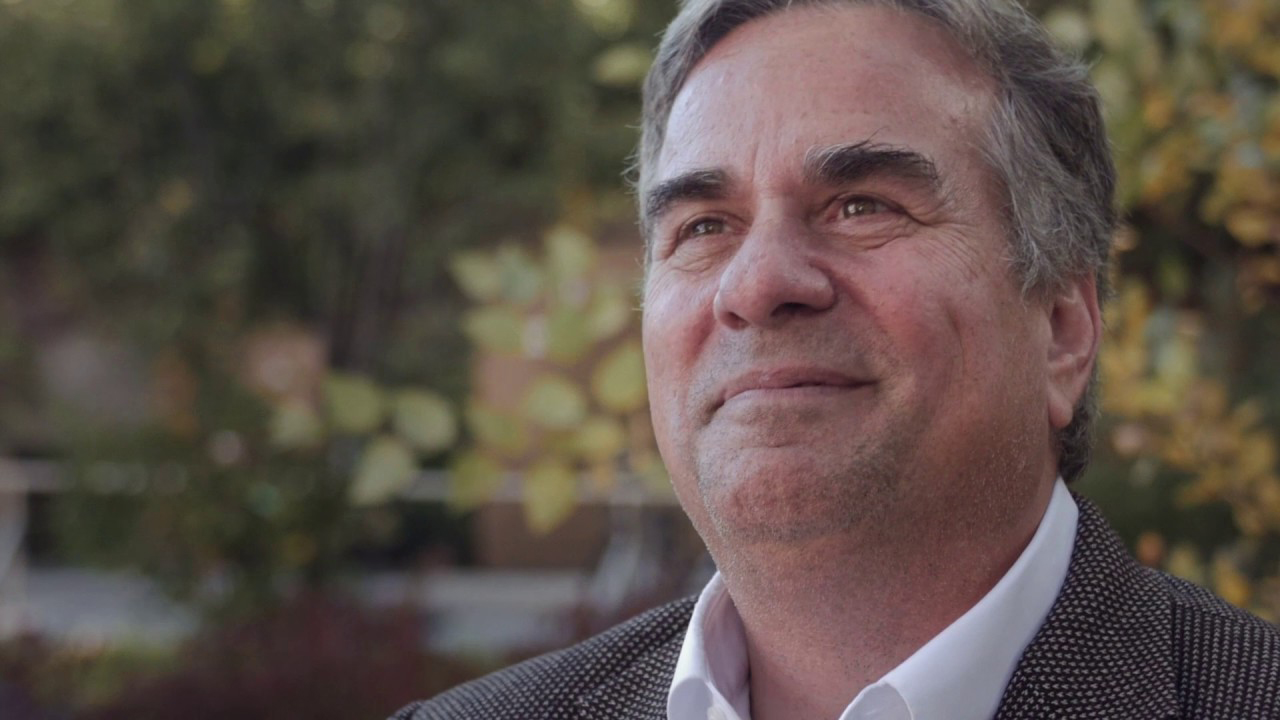UNH Economics Professor
Michael Goldberg

‘Nothing would come out of’ the federal government defaulting on its debt,’ says Michael Goldberg of the University of New Hampshire. The question of what might happen if the federal government defaults became much less theoretical on May 1. That was the day that U.S. Treasury Secretary Janet Yellen announced that June 1 might be the day the federal government runs out of money to pay its bills and debt obligations such as Social Security, Medicare, U.S. Treasury bond payments, interest on the national debt (now at $31.46 trillion), salaries for the military and federal workforce and a loss of faith in the dollar as the world’s reserve currency.
The mere peek over the federal debt cliff has led to much nonpartisan analysis warning of severe economic consequences for the U.S. and world economy if the Republican-led House and the White House cannot come to an agreement to raise the nation’s debt limit.
These could include skyrocketing interest rates, painful stock market drops and even a depression that could lead to millions losing their jobs as businesses go bankrupt.
Raising the debt limit does not allow for new spending but only to pay current bills that have already been appropriated by previous Congresses and presidential administrations.
NH Business Review reached out to Michael Goldberg, a University of New Hampshire professor of economics, for his insights about the impact of a debt default. Goldberg has researched and written extensively on financial markets and international economies and has taught overseas in multiple countries.
Like many, for months he believed that it was unlikely that a debt default could happen. Now, he’s less certain.
Q. Why is the timing of this crisis so concerning?
A. This crisis is happening at the same time we see the banking system is a lot more fragile than we realized (the recent Silicon Valley, Signature and First Republic bank collapses), and many economists are predicting at least a mild downturn later this year. The Fed is focused on inflation with its interest rate hikes, while business investment has dropped over the past nine to 10 months. What will the Fed do if a severe recession happens (due to a debt default), and it suspends its fight on inflation? A default is like pouring gasoline on the fire and will make everything worse.
Q Theoretically, what shortand long-term reactions might we see if a debt limit increase agreement is not reached or if we go to the brink?
A. My expectation is markets will begin to react and price this in. If there is no agreement, we would likely see a significant drop in the S&P 500 and Nasdaq. Maybe the drops won’t be on the magnitude of 1929 (up to 13 percent) or 1987 (22.6 percent) or drops in more recent times such as 4.6 percent for the Dow Jones in 1998 when Long Term Capital Management collapsed or when the markets dove at the beginning of the coronavirus pandemic, when there was so much financial uncertainty. We could see huge moves downward which will impact all investors, including those with 401(k)s.
Interest rates will spike, and that will impact businesses and consumers in New Hampshire and every state. It will become more expensive for everyone to borrow. Interest to service the federal debt will increase. If companies can’t afford to borrow to expand or afford to issue debt, the less credit-worthy companies will go bankrupt or out of business. This could mean a very deep recession.
Internationally, there will be a rush to safety (by investors and governments) away from what is now the safest investment, U.S. Treasury bonds. Maybe the Japanese yen or Swiss franc (will be safer) but it’s hard to anticipate. The faith in the U.S. dollar will be tested, because we will no longer be a reliable debtor. In the Asian financial crisis that began in 1997, no one was willing to buy debt from countries like Malaysia, Thailand, Singapore and others because their debts had become unserviceable (due to bad fiscal policy choices designed to shore up their economies). Some of those countries saw a drop of 20 to 30 percent in their GDP.
I believe there will also be a big loss in optimism about our future.
Q. What’s your perspective on the politics of this crisis?
A. There is a point to be made on how much debt we are piling up. You can see the Republican argument that we have a spending problem, and you can see the Democratic point that we have a revenue problem. In the past, even when our political system was not functioning really well, we would have a real public debate and often get compromise. We don’t have that now.
Going over the cliff as a political stunt is madness in a way. Nothing good would come of it, and the consequences would be bad to catastrophic.